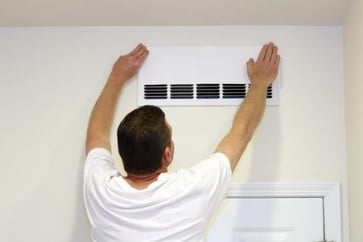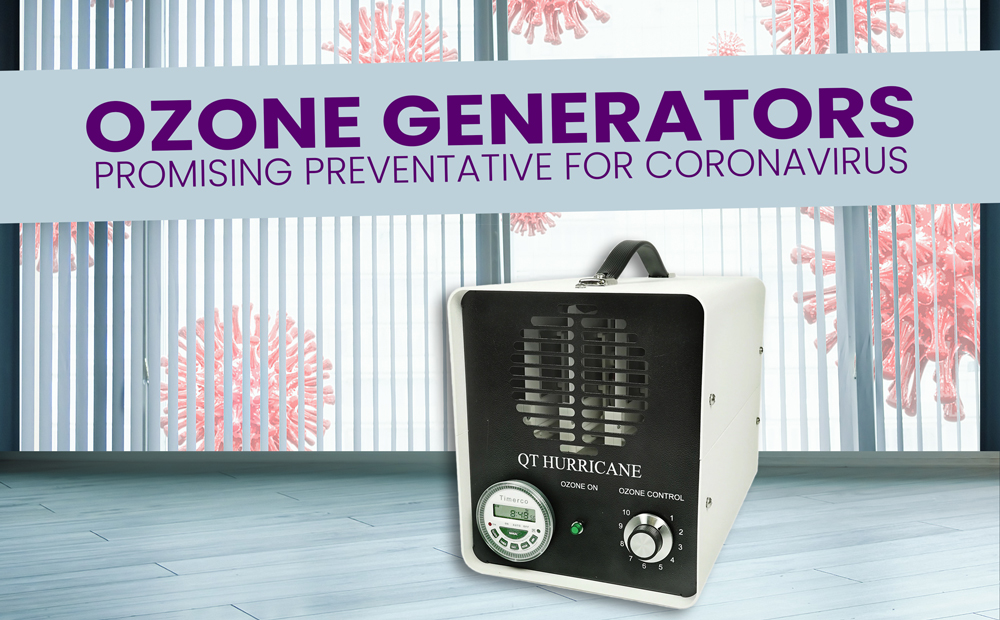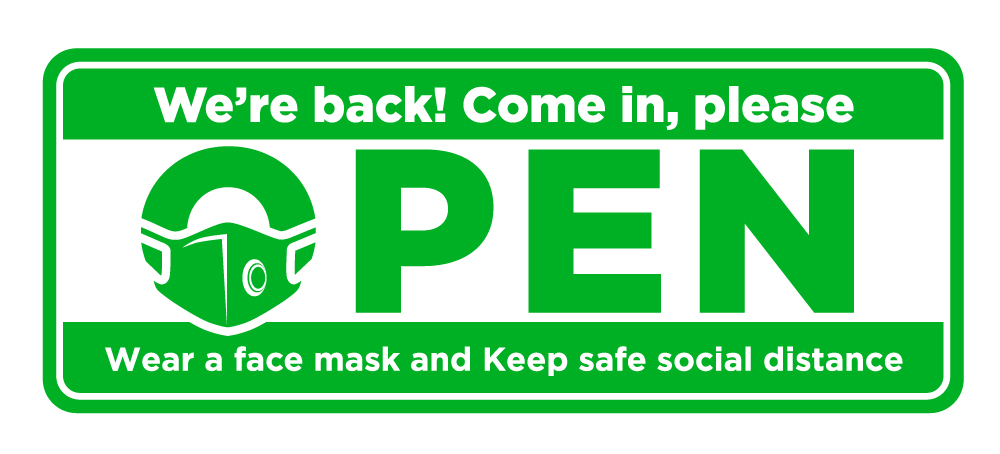 A HEPA filter is an effective air purifier that can trap particles invisible to the naked eye. In the 1940s, scientists from the Manhattan Project developed this air purifier as a means of filtering radioactive particles from the air.
A HEPA filter is an effective air purifier that can trap particles invisible to the naked eye. In the 1940s, scientists from the Manhattan Project developed this air purifier as a means of filtering radioactive particles from the air.
HEPA stands for High Efficiency Particle Arresting, because these filters are one of the best means of trapping airborne allergens and viruses. For an air filter to be certified as HEPA, it must capture 99.7% of airborne particles as small as 0.3 microns.
What is a micron?
A micron is one-millionth of a meter. We can’t see particles measured in microns, but they can enter our bodies through the air
we breathe. The hairs in our nasal passages do a pretty good job keeping airborne particles out of our airways, but they are not
effective with particles smaller than 0.5 microns. In fact, 0.3 microns seems to be a “sweet spot” for airborne allergens and bacteria. Our noses have trouble filtering these particles, and so do most air filters. That’s why HEPA filters are rated by their resistance to particles in the 0.3 microns range--And they perform very well. HEPA filters trap all but 3 particles out of 10,000 in this size range.
What particles do HEPA filters remove from the air?
HEPA filters trap airborne allergens, bacteria, and viruses. Common particles that HEPA filters arrest are:
- Dust
- Pollen
- Mold spores
- Airborne bacteria and viruses
- Tobacco smoke
A HEPA filter cannot remove all the dust and dirt from your home, and it will not remove all of the airborne viruses and bacteria. It does significantly reduce these particles, giving you more fresh, clean air.
What devices use HEPA filters?
You will typically find HEPA filters in vacuums and air purifiers. A vacuum uses a HEPA filter to prevent dust and dirt it picks up from escaping into the air, while an air purifier works to intake airborne particles and filter them out of the air supply. HEPA filters are so effective at this, they are recommended by the CDC for air filtration in infectious patient isolation.
How do HEPA filters prevent airborne viruses from spreading?
Since a HEPA filter traps airborne debris, it catches bacteria, fungi, and viruses that could enter the body’s airways and potentially lead to infection. Along with this, it traps many allergens, like mold spores, tobacco smoke, and pollen that could lead to many of the same symptoms as a viral infection.
During peak cold and allergy seasons, regularly cleaning your home with a vacuum that utilizes a HEPA filter and running an air purifier in your living area (especially where you sleep) can reduce your risk of getting sick and alleviate many symptoms of allergies.
Will an air purifier with a HEPA filter keep me from getting sick?
While HEPA filters in air purifiers and vacuums work splendidly to trap many airborne viruses and bacteria, they can’t collect all of them. Some viruses are too small and slip through the mesh of the filter back into the air. Larger airborne particles fall to the ground before an air purifier can catch them. HEPA filters also don’t last forever, and if you neglect replacing them, they will lose effectiveness.
An air purifier with a HEPA filter can help you stay healthy, but it won’t replace essential habits in cold and allergy seasons. Regularly washing your hands, eating nutritious meals, and mopping and dusting are still necessary parts of combating colds and allergies.
However, an air purifier with a HEPA filter contributes to an overall healthy space, and might be just the line of defense your home is missing this cold and allergy season.





